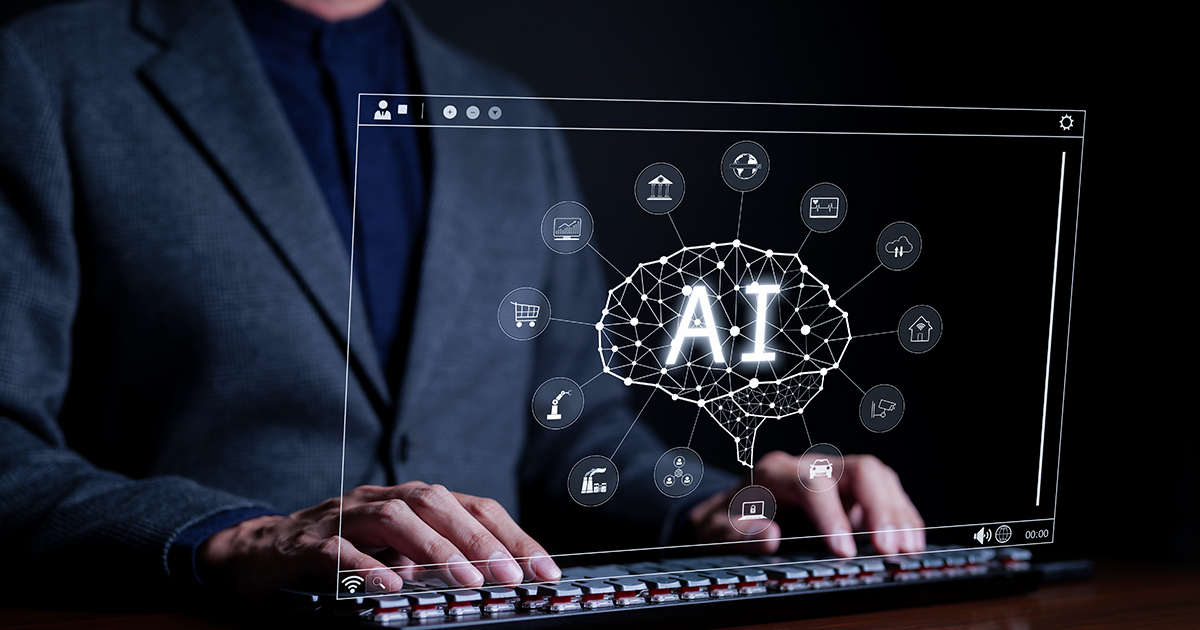Introduction
Artificial Intelligence (AI) has become a cornerstone in the evolution of digital marketing, offering tools and techniques that enhance efficiency, personalization, and customer engagement. As we approach 2025, AI’s influence is set to expand even further, introducing innovations that will redefine marketing strategies worldwide. Staying abreast of these AI trends is imperative for businesses aiming to maintain a competitive edge in the dynamic digital landscape.
The Role of AI in Digital Marketing Transformation
AI is fundamentally reshaping global digital marketing strategies by enabling data-driven decision-making and personalized customer experiences. Its predictive capabilities allow marketers to anticipate consumer behavior, optimize campaigns, and allocate resources more effectively. By analyzing vast datasets, AI facilitates a deeper understanding of market trends and customer preferences, leading to more targeted and impactful marketing efforts.
Key AI Innovations Driving Digital Marketing in 2025
1. AI-Powered Personalization & Hyper-Targeting
In 2025, AI will elevate personalization to unprecedented levels. By tracking real-time customer behavior, AI systems can deliver highly tailored content and product recommendations. This hyper-targeting enhances user engagement and conversion rates, as consumers increasingly expect experiences customized to their individual needs and preferences.
2. Advanced AI Chatbots & Conversational Marketing
The evolution of AI chatbots will reach new heights, offering human-like interactions that enhance customer support and engagement. These virtual assistants will handle complex queries, provide personalized assistance, and integrate seamlessly with voice search and commerce platforms, making conversational marketing a pivotal component of customer relationship management.
3. AI-Generated Content & Automated Creativity
AI-powered tools are set to revolutionize content creation by generating high-quality written and visual materials. From drafting compelling copy to producing engaging videos, AI will automate creative processes, allowing marketers to focus on strategy and storytelling. Balancing AI efficiency with human creativity will be key to maintaining authenticity and emotional resonance in marketing campaigns.
4. AI in Programmatic Advertising & Media Buying
Programmatic advertising will become more sophisticated with AI-driven automation, enabling real-time ad placements that reach the right audience at the optimal time. AI algorithms will analyze user data to maximize Return on Ad Spend (ROAS), ensuring that marketing budgets are utilized effectively. Case studies have demonstrated significant improvements in campaign performance through AI-based programmatic strategies.
5. Predictive Analytics & AI-Driven Market Insights
AI’s predictive analytics capabilities will empower marketers to forecast consumer trends and behaviors accurately. By analyzing historical data and current market dynamics, AI can provide actionable insights for strategic planning. Sentiment analysis tools will monitor brand reputation in real-time, allowing for proactive management of public perception.
6. AI & Voice Search Optimization
With the proliferation of voice-activated devices, optimizing for voice search is becoming essential. AI enhances voice SEO strategies by understanding natural language patterns and user intent, ensuring that content is easily discoverable through voice queries. Additionally, AI-powered smart assistants will facilitate voice commerce, streamlining the purchasing process for consumers.
7. AI-Enhanced SEO Strategies
Search Engine Optimization (SEO) will be augmented by AI tools that conduct advanced keyword research and content optimization. Predictive algorithms will anticipate changes in search engine rankings, allowing marketers to adapt their strategies proactively. AI’s impact on SEO will be profound, as it enables a more nuanced understanding of search intent and content relevance.
8. AI in Social Media Marketing
Social media platforms will leverage AI to perform deep social listening and sentiment analysis, providing brands with insights into consumer opinions and emerging trends. AI-generated content will populate social feeds, offering personalized experiences to users. Moreover, AI-driven influencer marketing platforms will identify optimal partnerships, enhancing the effectiveness of influencer campaigns.
9. AI & Video Marketing Innovations
AI will transform video marketing by automating editing processes and creating personalized video content at scale. Innovations such as AI-generated deepfakes and synthetic media will open new avenues for creative storytelling, though they will also raise ethical considerations regarding authenticity and trust.
10. AI & Email Marketing Automation
Email marketing will benefit from AI through enhanced personalization and segmentation. Predictive analytics will determine optimal send times and content for individual recipients, increasing open and conversion rates. AI-optimized subject lines and email copy will further boost engagement by resonating more effectively with target audiences.
Challenges & Ethical Considerations of AI in Marketing
While AI offers numerous benefits, it also presents challenges and ethical dilemmas. Data privacy concerns are paramount, as AI systems often require extensive personal information to function effectively. Ensuring compliance with data protection regulations and maintaining transparency in data usage are critical. Additionally, addressing AI biases and preventing the spread of misinformation are essential to uphold ethical standards in marketing practices. Balancing automation with human creativity remains a delicate endeavor, as over-reliance on AI can lead to homogenized content and a loss of authentic brand voice.
Future Predictions: What’s Next for AI in Digital Marketing?
Looking beyond 2025, AI is poised to further revolutionize digital marketing by shaping immersive and interactive consumer experiences. The integration of AI with technologies such as augmented reality (AR) and virtual reality (VR) will create new marketing channels and opportunities for engagement. AI-driven analytics will continue to refine personalization, making marketing efforts more precise and effective. As AI technologies evolve, they will likely influence global digital marketing trends, necessitating continuous adaptation by businesses to harness AI’s full potential.
Conclusion
The AI innovations anticipated in 2025 are set to transform digital marketing by enhancing personalization, automating complex tasks, and providing deep insights into consumer behavior. Embracing these AI-driven strategies will be crucial for businesses aiming to thrive in the competitive digital marketplace. By staying informed and adaptable, companies can leverage AI to create more engaging, efficient, and effective marketing campaigns.
FAQs
AI will automate repetitive tasks, allowing marketers to focus on strategy, creativity, and customer engagement. While some roles may evolve, new opportunities will emerge in AI management, data analysis, and AI-powered content creation.
Some of the top AI tools for digital marketing in 2025 include:
- ChatGPT & Jasper AI (AI-powered content generation)
- Google Vertex AI (Machine learning and analytics)
- HubSpot AI (Marketing automation)
- Grammarly & Copy.ai (AI-driven writing assistants)
- DeepSeek AI (Advanced AI for predictive insights)
- Runway ML (AI-powered video and creative marketing)
AI enhances customer engagement by:
- Delivering hyper-personalized content and product recommendations
- Providing real-time responses via AI-powered chatbots
- Improving email marketing effectiveness with predictive analytics
- Enabling conversational marketing through voice search and virtual assistants
Yes, many AI marketing tools offer scalable pricing models, including free and budget-friendly plans for small businesses. No-code AI platforms and automation tools allow small businesses to compete with larger enterprises without requiring extensive technical expertise.
Some key challenges include:
- Data Privacy & Security: Ensuring compliance with GDPR, CCPA, and other regulations
- AI Bias & Ethical Concerns: Avoiding discriminatory algorithms and misinformation
- Integration Issues: Making AI tools work seamlessly with existing marketing stacks
- Balancing Automation & Human Creativity: Maintaining authentic brand storytelling while leveraging AI automation





